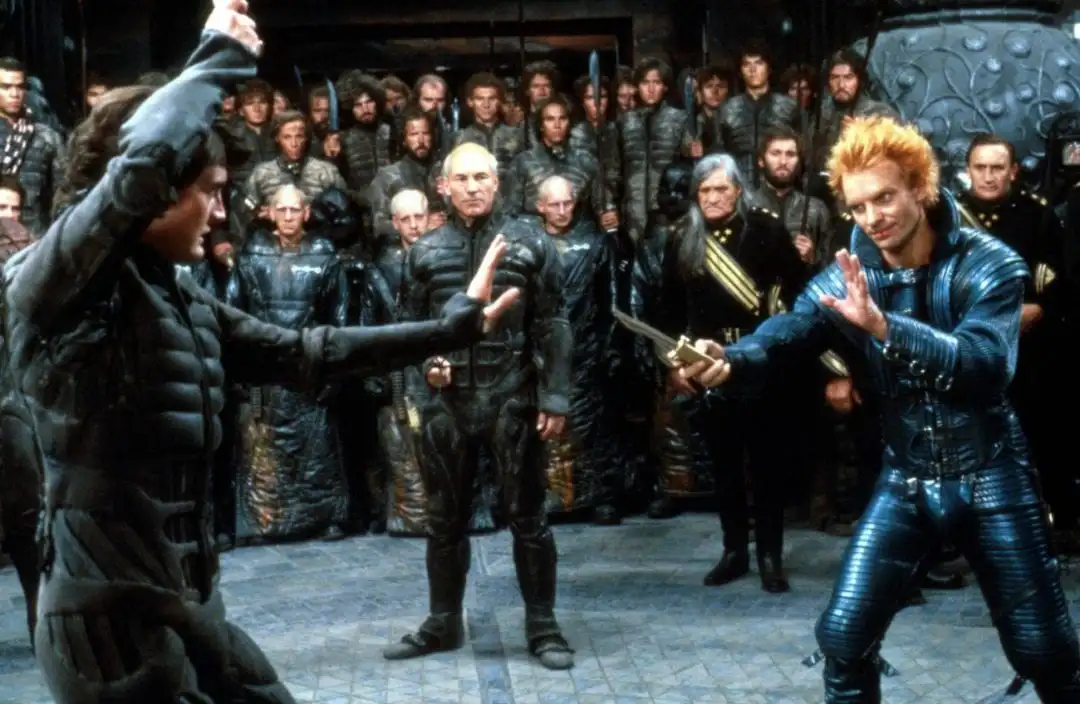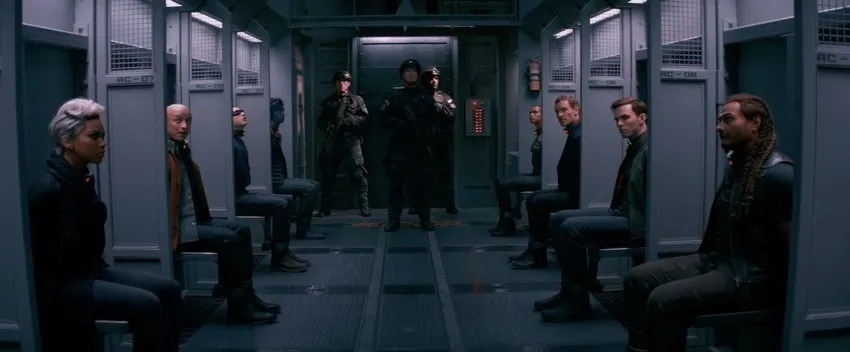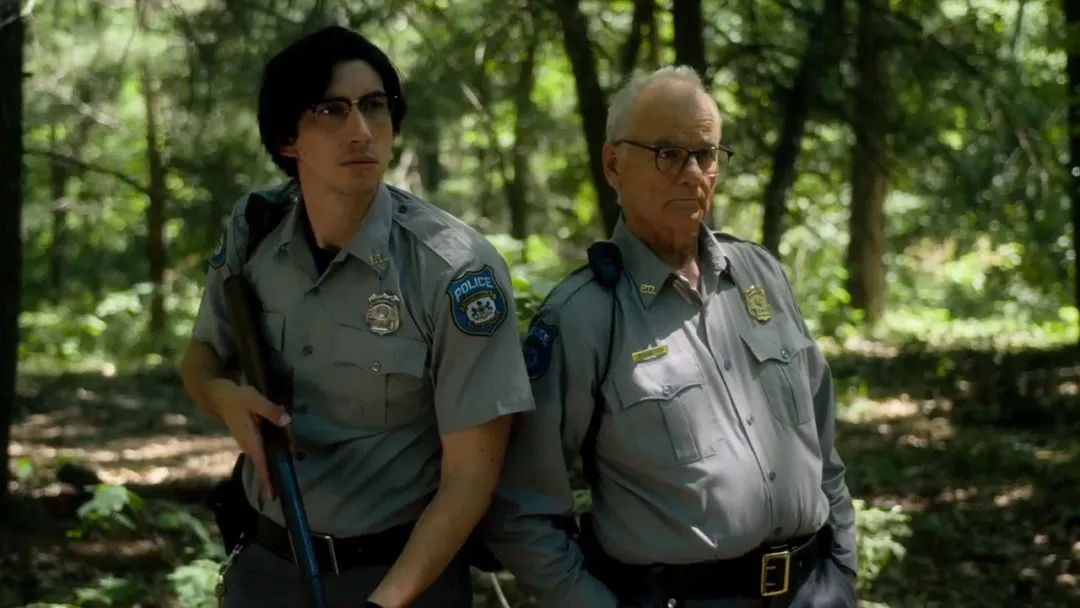With news that a new Dune film is in the works, it’s worth pausing to remember that Paul “Muad’Dib” Atreides is the most egregiously, preposterously, overpowered uber-hero in the history of explored space. In Frank Herbert’s original 1965 novel, Paul is
- an unbeatable ninja hand to hand fighter
- a human calculating supercomputer
- a genetically engineered male witch with a Voice that must be obeyed
- a seer with the ability to predict the future
- a matchless military strategist
- the chosen one of multiple interlocking prophecies
- all of the above. He probably shits gold too while flowers spring up where he walks. Why the hell not?
Superman has super breath and even super-hypnosis in some iterations, but even when he’s muscling planets around, he looks like a pallid also-ran next to Paul, who spends his days ruling the universe, not foiling bank robberies. No wonder everyone in Dune is always staring at Paul open-mouthed and thinking about how awesome he is. Even Jessica, Paul’s mother, is overwhelmed, musing about how she’s “trained [his] intelligence … but now she found herself fearful of it.” Paul is amazing; Paul is terrifying. Be amazed and terrified, reader!
But why is Paul so ridiculously amazing and terrifying? The answer is pretty straightforward. It’s because he’s white.

Dune is basically a long, tripped out, ecstatically bloated reiteration of the Mighty Whitey trope. A Mighty Whitey is a European or white character who adopts the culture of indigenous people, becoming their king and gaining near mystical powers along the way. James Fenimore Cooper’s Natty Bumppo, a white man who adopted the ways of Native Americans and became the most strong and noble of them all, is an early example. Other iterations include Tarzan, the comic strip character the Phantom, C3P0 among the Ewoks, Dr. Strange (who goes to Tibet to learn Eastern magic and ends up being better at it than any Tibetans) and Iron Fist (who goes to the East to learn martial arts and ends up being better at it than … well, you know the drill.)
Dune is set in the far future, but Herbert wasn’t coy about drawing parallels with earthbound colonial narratives. Paul is a noble duke from a planet with a temperate climate. Though it’s the far future, he’s associated with a European-style noble tradition. He’s also the product of a centuries long breeding experiment, so he’s effectively a perfect eugenic specimen. He goes to Arrakis, a desert planet whose inhabitants, the Fremen, are persistently linked to Arabs. Their culture includes both the hajj and jihad.
The Freemen, are portrayed with the familiar tropes of noble savages. They are fierce, proud, dangerous, loyal, and organized into tribes where (male) leadership is determined through trial by combat. As in many an earlier colonial fantasy, the Fremen first plan to kill Paul, but when they find out just how cool he is, they quickly make him their leader and worship him. This isn’t a one time thing for the Fremen, either; before Paul, their previous leader/god figure was an off-world ecologist named Liet, who, in Herbert’s words “had gone native.”

The Mighty Whitey trope suggests that a white person dumped among less white people will automatically become a king and a god. But in Dune, as in other Mighty Whitey stories, there’s a bit more going on. Paul’s whiteness makes him an object of worship for the Fremen. But his time with them also gives him access to his full prophetic abilities, ultimately allowing him to defeat the Emperor and become the effective ruler of the universe. Similarly, Tarzan is tougher and stronger than other European whites and Iron Fist has powers denied to most white people. Whitey is mighty not just in contrast to people of color, but because of his affinity for people of color.
This makes sense if you see Mighty Whitey’s might as a metaphor for imperialism. White people grow wealthy and powerful by subjugating other peoples and extracting their resources.
In Dune, the Arrakis desert contains a loose oil analogue called spice. Spice powers spaceships rather than cars or factories. The spice is a drug which sparks telepathic and precognitive abilities and pilots must take it to steer from planet to planet. The Fremen have been made into super fighters by the harsh conditions of Arrakis. Paul takes the spice to become a prophet, and capitalizes on the misery of the Fremen when they become his warriors and sweep away all before them.
Paul’s divinity and power comes from his ability to capitalize on the resources and pain of others. On the surface, Mighty Whitey characters are superior because of their whiteness. But dig a little deeper, and their powers are borrowed or, more accurately, stolen. They are godlike because they’ve appropriated the labor and wealth of others. Paul claims to be wracked with guilt because he sees a future in which he leads the Fremen in a path of bloody destruction across the universe. But really the guilt is for his present glory, built on blood and a deceit that the story won’t, and can’t, quite acknowledge.

A novel that does acknowledge it is Tasha Suri’s 2018 epic fantasy Empire of Sand. Like Dune, Suri’s book is set in a desert and features an incredibly powerful leader, the Maha. Paul’s eyes are blue, because of the spice he takes; the Maha’s pupils have “points of light within them, light as sharp and jagged as shattered glass.” And like Paul, the Maha has a terrifying attraction. Mehr, the novel’s heroine, fears that, “If [the Maha] had wanted to make me love him, I think he could have.”
The Maha is an ageless emperor whose subjects adore and fear him. But his power doesn’t come from himself. Instead, it comes from people like Mehr.
Mehr is a member of the Amrithi, a people who have an intimate connection with daiva, or desert spirits. Amritihi dancing rituals can control the gods. The Maha enslaves Amritihi and forces them to pray for his power and his empire. He’s larger than life because he’s taken other people’s lives and added them to his own.
“Without the dreamfire, you’re nothing but a man who likes to hurt people,” Mehr tells the Maha towards the book’s conclusion. The dreamfire in Empire of Sand is the connection to the gods — but it’s also just other people’s stuff and other people’s labor. Paul is a ninja/computer/prophet/king/mighty whitey only as long as the Fremen aren’t free. When they get their liberty, Tasha Suri suggests, we’ll have fewer god emperors, and maybe a more just world.





Published: Feb 8, 2019 02:00 pm